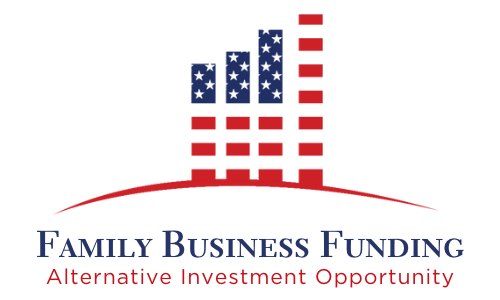As discussed in episode 25 of my podcast, “Traditional Investing is Dead,” mortgages and credit card rates are directly connected to the Federal Reserve interest rate hikes. I’ve been getting asked many questions by my investors about how merchant cash advances are affected by the rising interest rates.
The United States Federal Reserve Bank has been raising its rates by .75 basis points the last three consecutive meetings, indicating that it will continue increasing interest rates in the foreseeable future. The Federal Reserve Bank, while a private institution operating under charter with the United States Government, sets monetary and interest rate policies for financial institutions. This happens through several tools such as the overnight lending rate.
Many borrowers, consumers, and businesses are affected by the interest rates that they pay for both new and existing debt; however, the velocity of the impact depends upon the type of financing they have agreed to with the lender.
Several Types of Interest Rates:
Two of the most common forms of credit are mortgages and credit cards. Both are available with fixed or variable interest rates. Fixed interest rates are exactly what the name suggests — fixed. While variable interest rates are tied to other types of interest rates such as the Prime rate (America) or SOFR (better known as LIBOR-England). The interest rate that the borrower pays may change when the underlying interest rate or index changes.
Merchant Cash Advances Popularity:
Alternatives to traditional bank financing have emerged for small to medium-sized businesses in the form of merchant cash advances (MCAs). MCAs have been growing dramatically since their inception in 2008.
Historically, MCAs were structured as a lump sum payment to a business in exchange for an agreed-upon percentage of future credit card and/or debit card sales.
While a traditional bank will look at the credit worthiness of the borrower and other factors such as the assets available as collateral, a merchant cash advance lender will look at the underlying cash flow and other factors to make a funding decision.
The speed, ease, and rates that a borrower can secure funding with a merchant cash advance have in part fueled its increased popularity.
How Do Interest Rates Affect Merchant Cash Advances:
Interest rate policies set by the Federal Reserve Bank do not have any effect on the rates charged by merchant cash advance lenders. MCAs are not a loan, but a purchase of future receivables. Accordingly, interest rates are not used by the MCA lender in determining the purchase price of said receivables. Put another way, a borrower will pay a percentage of short-term accounts receivable based on their underlying risk profile. As a result, the rate paid on a merchant cash advance will not change based upon a change in the interest rate set by the Federal Reserve. Moreover, it’s likely that the more the cost of capital increases through traditional funding sources because of the hike in interest rates, the more attractive alternative forms of financing, like MCAs, will become.
For more information contact: Douglas Muir, CEO at douglas@familybusinessfund.com or visit our web site for investor information at www.familybusinessfund.com

